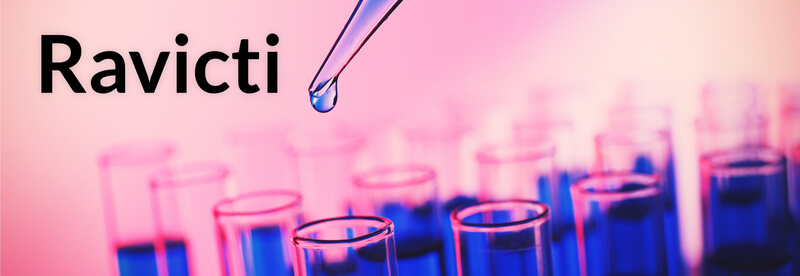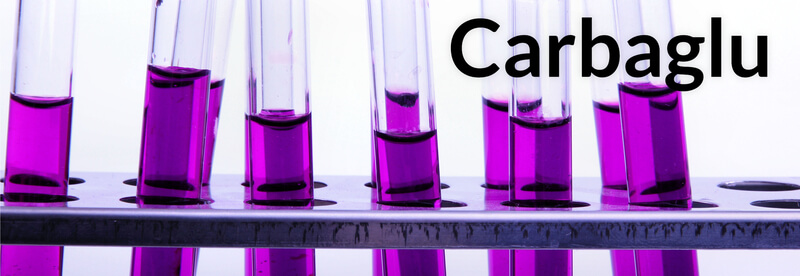Newsletter Signup - Under Article / In Page
"*" indicates required fields
A new report has listed the world’s most expensive drugs. Not surprisingly, those targeting rare diseases bear the heaviest price tags – let’s have a look.
While biotechs like Généthon and EspeRare are rethinking the high-risk high-profit model and looking to provide treatments at an affordable price, most rare disease meds on the market are among the most costly drugs in the world. And, we were surprised to learn, all of them are owned by European companies!
A report compiled by the Reinsurance Group of America lists the world’s most expensive drugs and could reignite the recent public uproar on drug pricing. But while blockbuster drugs are raking in billions each year for big pharmas, the recent commercial failure of the world’s first gene therapy, Glybera, has shown that the ultra-rare ultra-expensive model does not necessarily work.
Here are the top 5 most expensive drugs in the world in descending order.
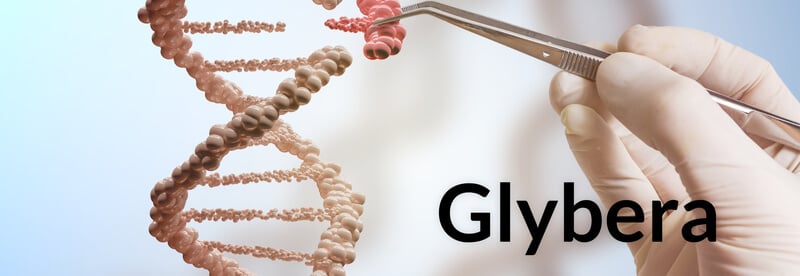
Cost per year: $1.21M (€1.13M)
The world’s first gene therapy, Glybera, was developed by Dutch UniQure and set at an unthinkable price of more than a million dollar per patient. Glybera was first approved in the EU in October 2012 for hereditary lipoprotein lipase deficiency (LPLD), a rare genetic disorder that affects only about 1 out of a million people.
But the most expensive drug ever quickly turned out to be a commercial failure. After UniQure was not able to score approval for Glybera in the US, the company just announced that it will not go for the renewal of its marketing authorization for Glybera in Europe, which will expire in October this year.
Cost per year: $793,632 (€739,233)
Ravicti is a treatment for urea cycle disorders (UCDs) that helps to control the elevated levels of ammonia that result from these conditions. The drug was bought by Horizon Pharma in a $1.1B (€1B) deal from Hyperion back in 2015 and has earned the company a massive $151M in 2016.
Ravicti was approved in Europe in 2015 after it received orphan drug designation from the EMA in 2010. Horizon is preparing to launch the drug this year together with its Swedish partner Orphan Biovitrium (SOBI).
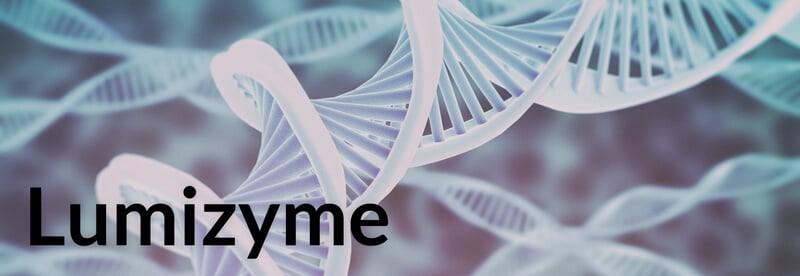
Cost per year: $626,400 (€583,406)
Lumizyme is a therapy to treat Pompe disease, a glycogen storage disease, which causes the accumulation of glycogen that damages muscle and nerve cells throughout the body. The enzyme deficiency is thought to affect only about 5,000 to 10,000 people worldwide.
The biological replaces the missing acid α-glucosidase enzyme in Pompe patients to restore glycogen levels. It was developed by Genzyme, which as acquired by Sanofi in 2011, and has generated a respectable sum of €725M in worldwide sales last year.
Cost per year: $585,408 (€545,228)
The oral treatment Carbaglu is approved for NAGS deficiency, another urea cycle disorder, and organic acidaemias, both caused by a lack of specific metabolic enzymes. Carbaglu is sold by the Italian pharma Recordati and its sales have been estimated at $48M (€45M) in 2016.
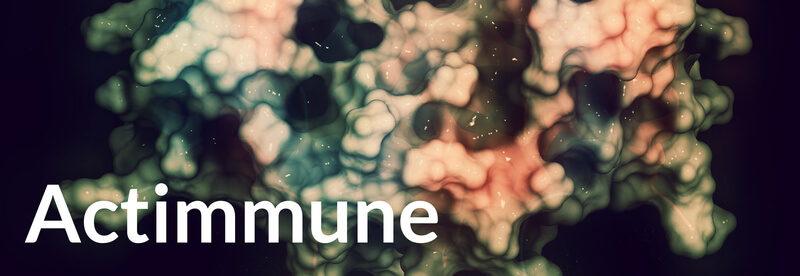
Cost per year: $572,292 (€533,012)
Actimmune is another expensive biological, indicated for the treatment of osteoporosis and chronic granulomatosis, and it comes from Horizon Pharma. Actimmune is an interferon gamma-1b protein therapy that was initially developed by InterMune and got approval in the US in 2000. The drug was first sold to Vidara Therapeutics in 2012 for $55M (€51M), after which its price escalated by 434% within two years. Horizon finally got hold of it in 2014 in a huge $660M (€614M) deal.
Horizon recently entered a licensing agreement with Boehringer Ingelheim, to acquire the worldwide rights to interferon gamma-1b, which the German Pharma giant commercializes in an estimated 30 countries primarily in Europe and the Middle East.
Images via shutterstock.com / Artem Postoev / vocal / Africa Studio / Jezper / Jag_cz / molekuul_be






